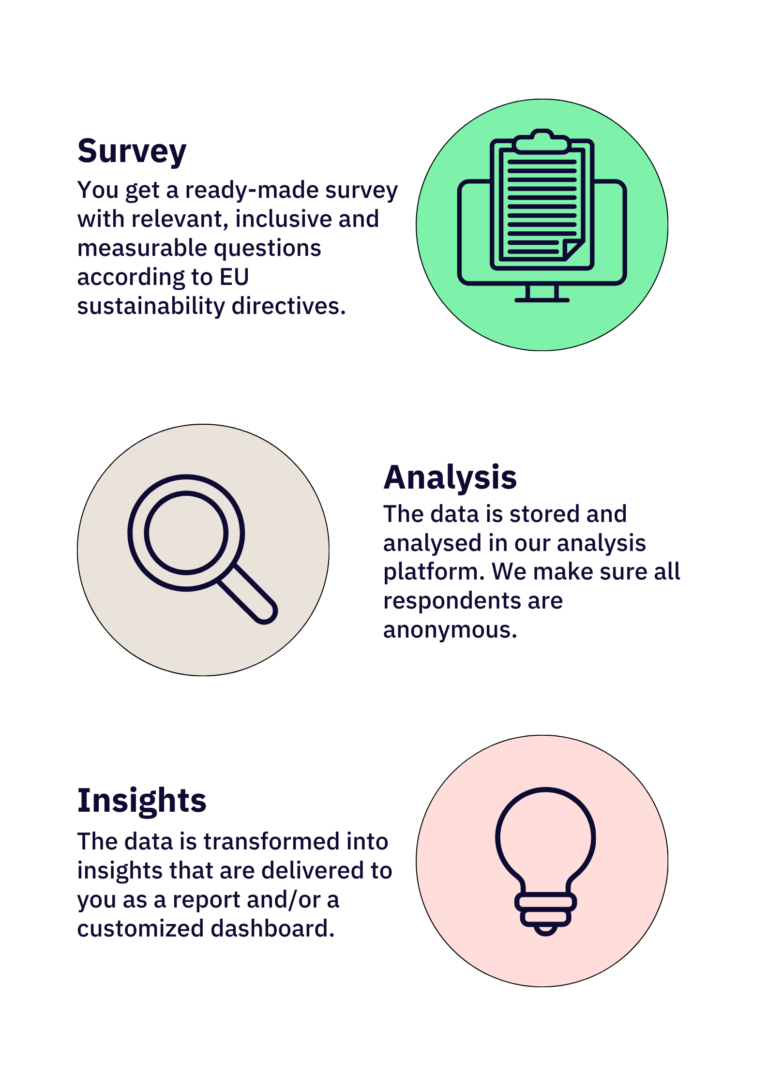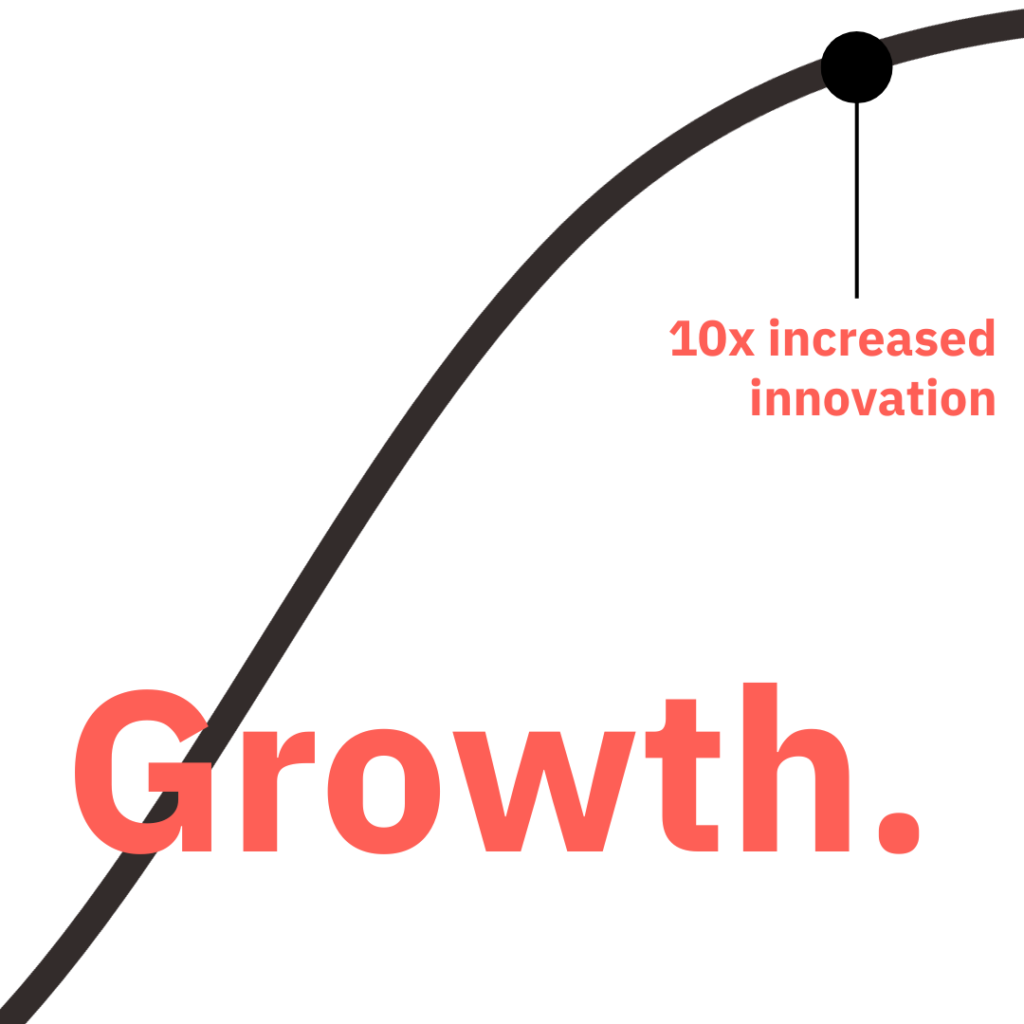Meeting EU Standards Through Equality Data
On January 1st 2024, the EU CSRD (Corporate Sustainability Reporting Directive) came into effect. These directives aim to create uniformity and transparency in EU’s sustainability reporting. One of the core objectives of the EU standards is to enhance the quality of data and quantitative information provided by companies about their social impacts.
This is where Equality Data becomes vital.
It serves as a means to measure the social footprint of a company, providing insights into the workplace dynamics and the extent to which a company adheres to principles of equality and non-discrimination. Therefore, conducting a survey to gather Equality Data is not just about compliance; it’s about aligning with the EU’s vision of a more sustainable and equitable corporate environment.
Why Equality Data?
To address inequalities in both the labour market, workplace, and society as a whole, we in Sweden primarily rely on data based on gender and gender identity. Equality data entails a more inclusive and intersectional approach to gaining a comprehensive and in-depth understanding of potential inequalities, as it encompasses and embraces all seven grounds of discrimination*.
All workplaces should work towards combating discrimination to promote equal rights and opportunities for their employees. To assess which actions are appropriate to undertake in this work, a current situation analysis is required, which is where Equality data contributes. Equality data constitutes an action and activity that can be measured, evaluated, and followed up on in order to then implement the right actions moving forward.

Equality means Growth.
When organisations commit to understanding and addressing workplace inequalities, they unlock the potential of a diverse and inclusive workforce. Such environments are proven to foster creativity, innovation, and a broader range of skills, all of which are crucial for business growth and adaptability in a rapidly changing global market. Moreover, companies that prioritise equality and non-discrimination are more likely to attract and retain top talent, enhance their brand reputation, and increase employee satisfaction and productivity.
Equality Data, therefore, is not just a compliance tool but a growth strategy. It equips businesses with the insights needed to make informed decisions that not only improve the workplace environment but also drive the company forward in a competitive marketplace.

By embracing these practices, companies are not just adhering to regulations but are actively participating in creating a more equitable, sustainable, and prosperous future for all. Our own studies show that companies fostering an inclusive work environment and leadership, and possessing high perspective density, increase their innovation tenfold.
*Gender identity, gender expression, age, sexual orientation, ethnicity, religion and disability.
